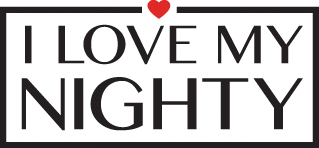BOOBS!
Our soft, nourishing, pleasure orbs. There’s nothing closer to your heart than your breasts, so loving them should be part of your daily self-care routine.
Breast cancer is the second most common cancer among women in the United States (behind skin cancer–protect yourself from the sun, ladies!) and although there isn’t a singular cause that can be connected to breast cancer, there are choices we can make to reduce our risk of getting it, as well as, learn to detect it early.
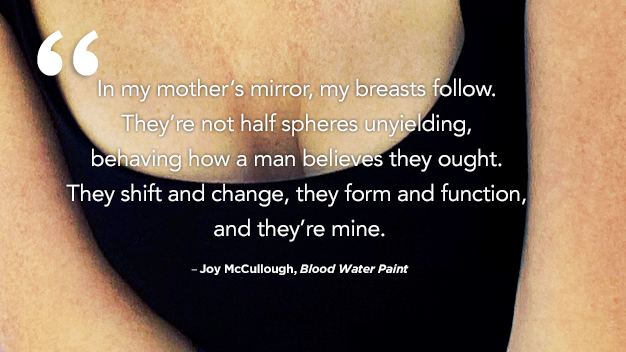
Having a loving relationship with your breasts might be something you haven’t been doing, or haven’t even thought about before. You can reduce your risk for a scary diagnosis, and you owe it to yourself and your loved ones, by taking known risk factors into consideration and making healthy choices that effect your whole body health, including your breasts!
Breast Cancer Risk Factors & Considerations
Although some of these factors are not in your control, be aware that they are known to have a role in the development of breast cancer. Talk to your doctor about any concerns you have regarding your risks.
Female: Our natural hormone, estrogen, fuels the development of 80% of breast cancers.
Age: Growing older puts you at risk due to longer exposure to estrogen over time. The median age for discovering breast cancer is 62.
Start Period / Reach Menopause: Total lifetime estrogen exposure is increased if you start your period before age 12 and reach menopause after age 55.
Family History: ~15% of women have a relative who had breast cancer. (85% of diagnosis have no family history).
Breast Density: Dense breasts (more glandular tissue than fat) are 4–6 x more likely to develop cancer than fatty breasts. Also, density obscures abnormalities in a mammogram, missing 25% of cancers present.
Hormonal Contraceptives/Replacements: If you’ve used hormonal based oral contraception or hormonal replacement for symptoms of menopause or for gender transition, there is an increased risk.
Obesity: Estrogen is stored in fat and will increase your exposure over a period of time.
Pregnancy: Having no children or having your first full term pregnancy after age 35 puts you in a higher risk category. Women who are pregnant CAN still get breast cancer and should have a thorough clinical exam at the beginning of the pregnancy and continue self-exams throughout the pregnancy.
Genetic Mutation: Mutation on BRCA gene or other gene.
Medical History: Prior breast cancer diagnosis. Prior breast biopsies.
Each of us has our own unique ratio of risk factors, so you will need to look at yourself as an individual. Remember none of these risks indicates you will get breast cancer. Any concerns you have should be discussed with your doctor.
Maintain Your Health To Lower Your Risk
NUTRITION
Eat more natural, unprocessed, plant-based food including vegetables, fruit, grains, beans and soy. Eat less meat, dairy, sugar, fat, smoked or processed food. Soy and fiber-rich food have been shown to lower your risk. The theory is that fiber is binding to estrogen and helping removing some of it. Soy and fiber rich foods include tofu, edamame, apples, pears, raspberries, avocados, artichoke, lentils, black beans, soybeans, oats, quinoa, popcorn, almonds, chia seeds and dark chocolate.
EXERCISE
Maintaining a healthy body weight is vital. Thirty minutes a day of moderate activity including cardio and strength training will boost your immunity to fight disease and reduce weight. Fat stores estrogen, increasing your risk to develop breast cancer.
LIFESTYLE
Smoking and alcohol both contain carcinogens. Quitting smoking is crucial for breast and lung health. In addition, studies have shown the links to alcohol and breast cancer, although it’s not clear why. It could be that consistent alcohol intake acts as a catalyst, increasing the levels of estrogen in your body. Limit your alcohol consumption to an occasional beverage. Your risk goes up with every single drink.
BREAST EXAMS
- Age 18-85 Perform visual and self exams monthly. In addition, schedule a yearly clinical exam with your doctor.
- Age 40-85 Schedule a yearly mammogram in addition to the clinical and self exams. Schedule the mammogram and clinical exams in 6 month intervals. Appointments should be made well in advance. Set an annual reminder 4 months before one year (+1 day) date.
Use Your 6 Senses To Help Keep Your Breasts Healthy!
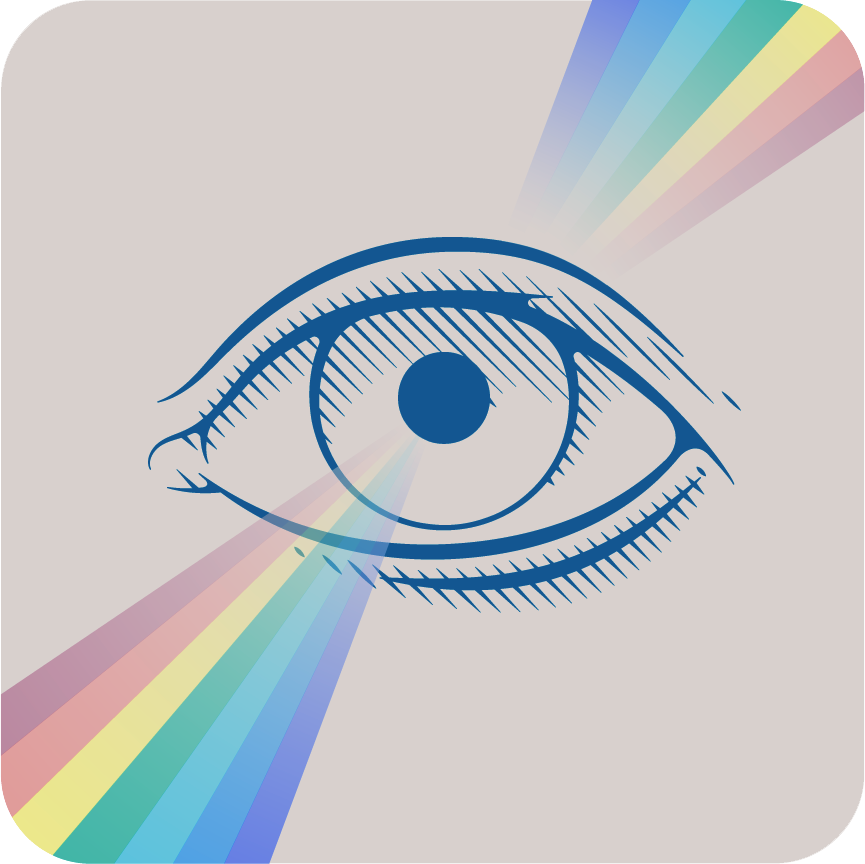
Visual
Look at your breasts, get to know them so you recognize any changes. Stand in front of the mirror and check your breasts in 9 positions:
1-3) Arms at your sides: face front, turn left and right.
4-6) Arms above your head and lean forward: face front, turn left and right.
7-9) Hands on hips and hunch shoulders forward: face front, turn left and right.
Schedule this ritual once a month. Use this guide to help you perform it correctly.
Call your doctor immediately if you notice any of these changes:
- Lumps or swelling
- Change in size, shape or vein patterns
- Nipple inversion, or leaking fluid or blood
- Skin dimpling, puckering, peeling, scaling, flaking or discoloration
Touch
Your breast health is literally in your hands! Your monthly self-exam is a ritual you need to prioritize. This is the best way for you to get to know your breasts on an intimate level and notice if any changes occur.
Set a monthly reminder on your calendar to do this on the same day every month/5-7 days after your period.
In addition to your monthly exam to detect any abnormal growths, daily breast massage will help reduce pain, tenderness, inflammation and some benign lumps by promoting lymphatic fluid drainage. Have fun with this! Touching your breasts in a loving way has many benefits.
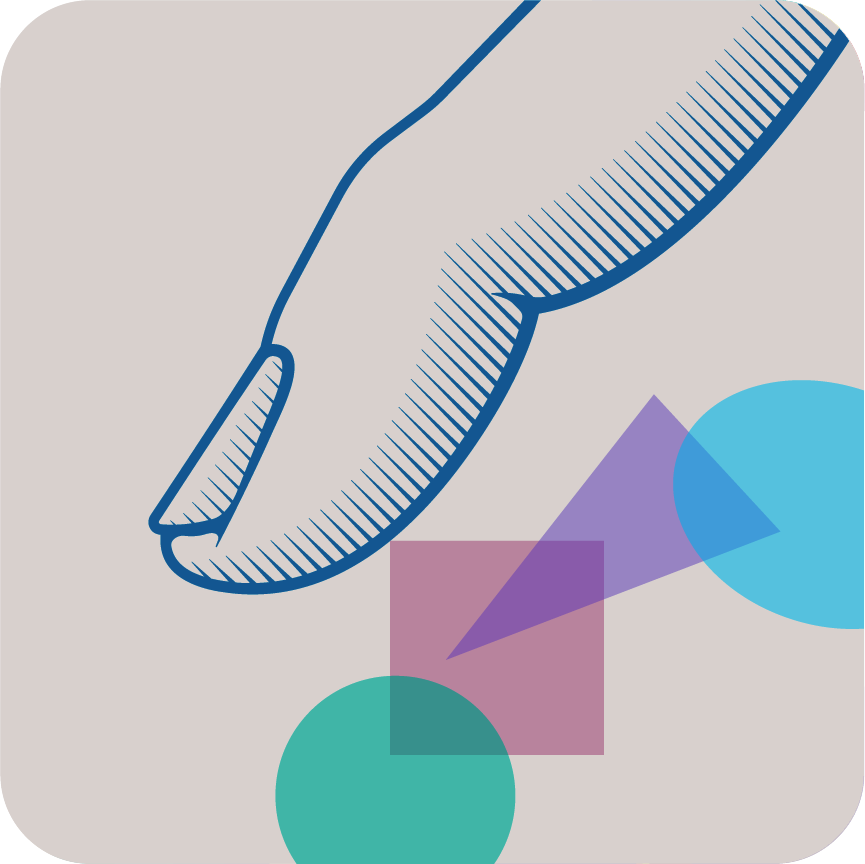
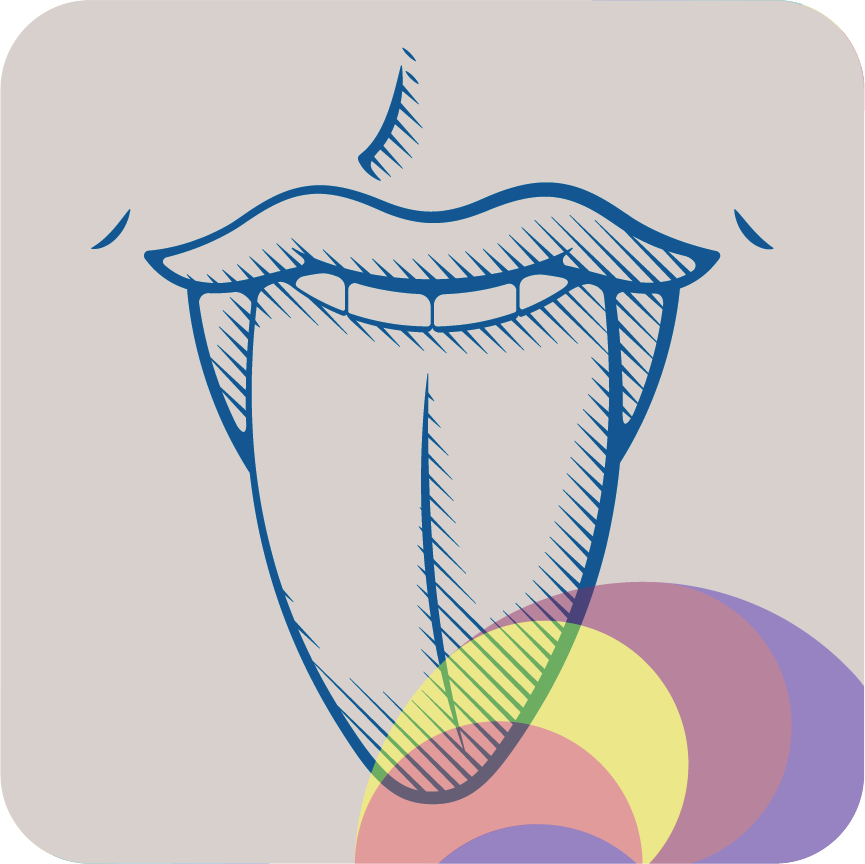
Taste
Your diet has a big impact on your overall health, including breast health. Learn which foods to choose and which to avoid.
Smell
Using the power of plants and aromatherapy has many calming, healing and preventative powers. Properly produced essential oils are living substances which raise electrical frequency levels of your body and trigger healing and protection. Sniff your way into serenity!
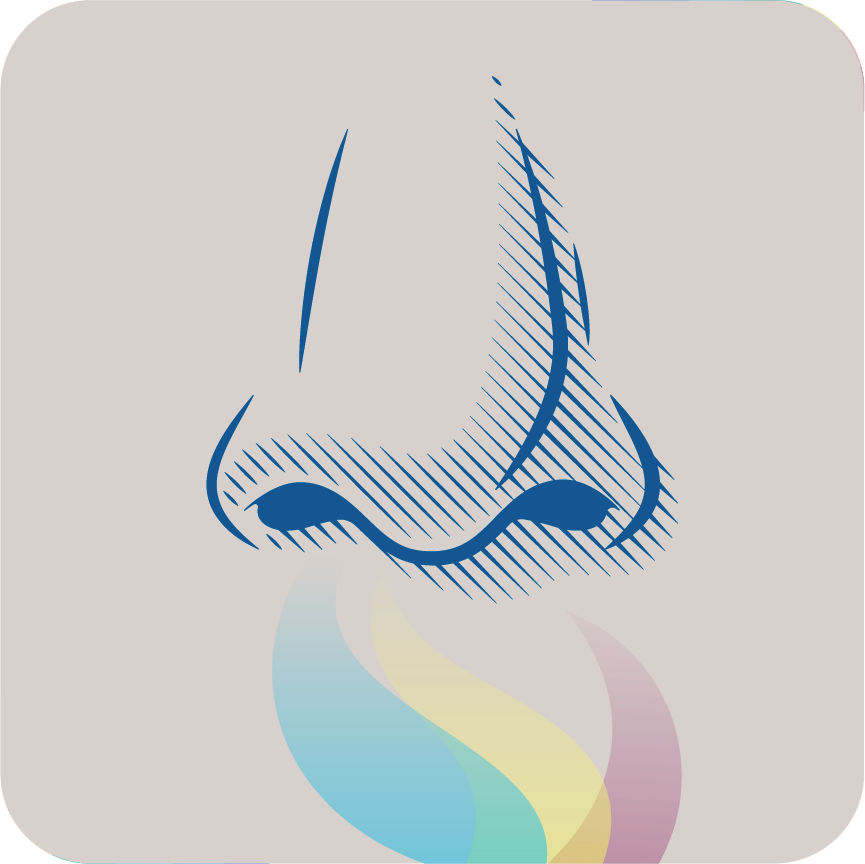
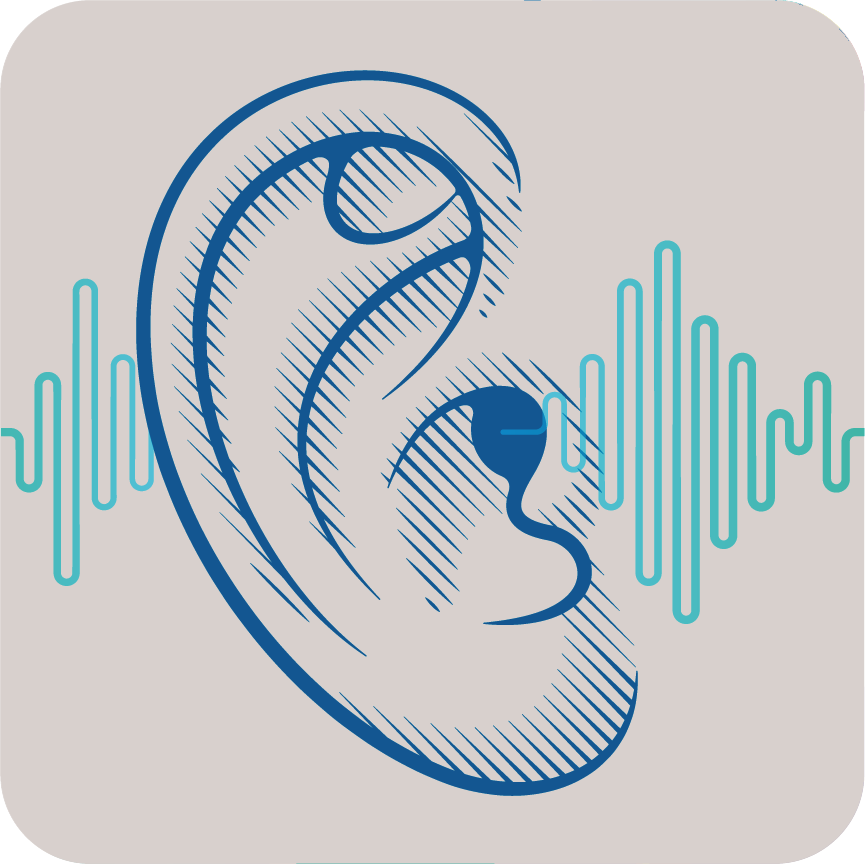
Listen
Your words and your thoughts affect your health. Do you sound worried or angry all of the time? Do you focus on fear or regret of your future and past? Learn to choose healing, healthy thoughts and words.
Think
We have an amazing super power, it's called "intuition". This is that gut feeling. If you feel something is not right and scans and doctor exams are not revealing anything, you can go back again or get another opinion. It is always better to be safe, than sorry, and early detection is key to recovery.

Always
Always treat yourself with love, acceptance, kindness and forgiveness. Now matter how strong we are, our physical, mental and emotional health is still vulnerable. Prioritize your health and dream lovelier!
